| Title | Through Songs, We Share Stories |
|---|---|
| Director | Dony Putro Herwanto |
| Cinematographer/Editor | Abul Ala Maududi Ilhamda |
| Country | Indonesia |
| Year of Production | 2018 |
| VDP Selection Year | Justice-2019 |
| Screen Time | 24min |
| Language | Indonesian |
| Subtitles | English/Japanese |
| Tags | Trauma, Anti-Communism, Chorus, Discrimination, Political Criminal, Song, Memories |
Overview
There are many ways to convey the truth of an event to the next generation, and one of those is through singing what is written. This was the path chosen by the Dialita Choir in uttering the truth of the events they experienced in 1965. Although the lyrics revolve around the beauty of nature, parents, friends and love for the motherland, the Dialita Choir tries to give another perspective in reading the dark history of the event. Besides trying to tell the truth, singing is one way to cure the wounds of stigma and discrimination they have experienced for 53 years.
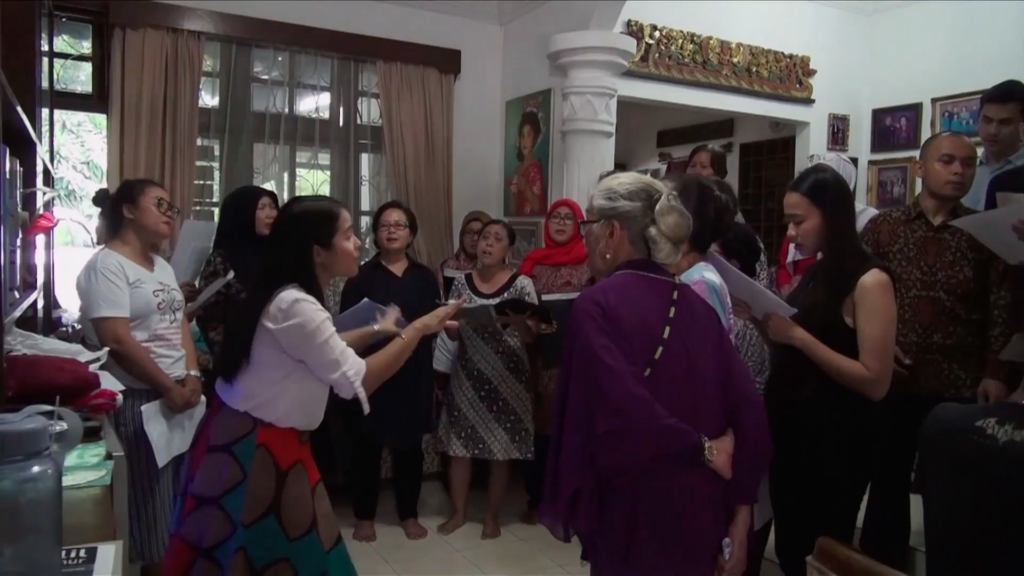
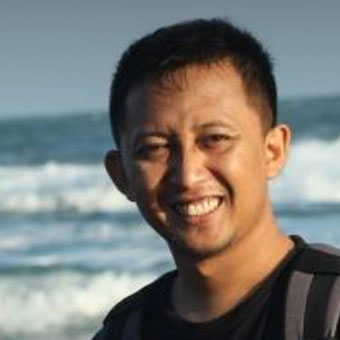
Dony Putro Herwanto
Director
Born in Ngawi, East Java in 1983. He currently works as a journalist at DAAI TV Indonesia for documentary programs. Some of his works were selected for documentary film festivals in Indonesia and became finalists in several film festivals in foreign countries, such as at the Aljazeera International Documentary Film Festival 2015, Kuala Lumpur Eco Film Festival 2019, and finalist at the Sound & Images Challenge Film Festival in Macau 2019. At present he lives in Bogor with his wife and child.
Abul Ala Maududi Ilhamda
Cinematographer, Editor
Abul Ala Maududi Ilhamda was born and lives in Jakarta, Indonesia. He is a broadcast graduate. He initially loved photography and now works as a documentary videographer at a television station. To date, he has worked as a videographer. Some of his films were selected at domestic film festivals.
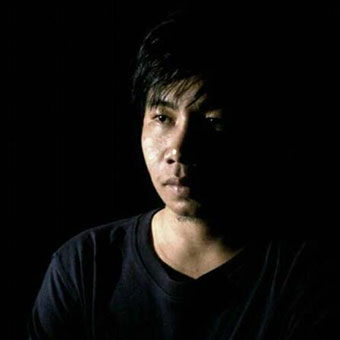
Interview with the Director
Why did you make this documentary?
How did you come to work on this theme?
Our reason is that we wanted to provide a vocal space for the survivors of the 1965 genocide that occurred in Indonesia. This is not to open historical wounds, but to display the dark history experienced by survivors through songs written in prison.
Commentary from the Screening Committee Members
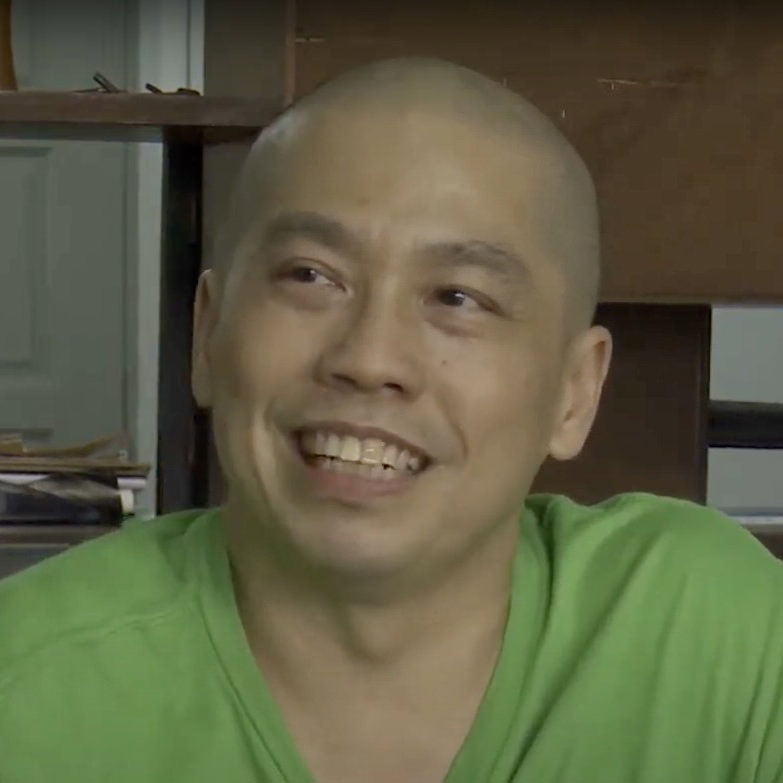
HO Yuhang
Film Director
The idea of healing through singing is a refreshing subject for a documentary, and a rather unusual one. In this moving portrayal of women who have survived a terrible tragedy, we are invited to join their healing process in the form of songs. The filmmaker doesn’t show us the violent history they’ve suffered, but chooses instead to show that the present is lived in. They sing themselves into existence so that everything would become bearable again in life. I’d like to read it as a moral choice by the filmmaker where moving on is much more practical than wallowing in the dark past, something which the survivors would probably agree with.
Related Films
-
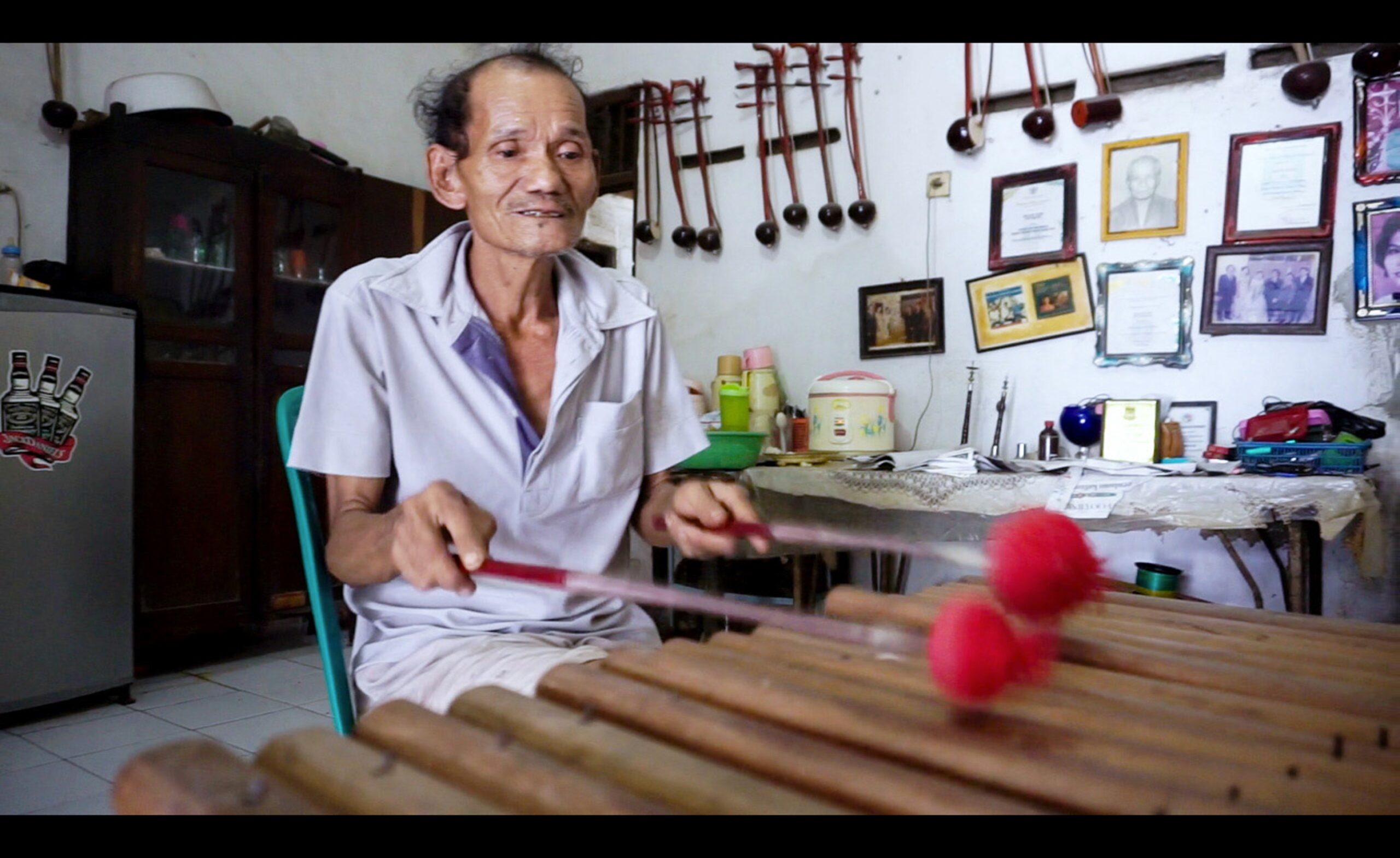
Nostalgia Senja
This documentary offers a sensitive portrayal of Mr. Gohyong reminiscing about his former days as a successful performer with a Gambang Kromong. Nostalgia Senja foregrounds one man’s lifetime dedication to preserving music in the present, and highlights the pressures some traditional arts face in contemporary Indonesia.- Country
- Indonesia
- Director
- Fazhila Anandya
- Time
- 23min
-
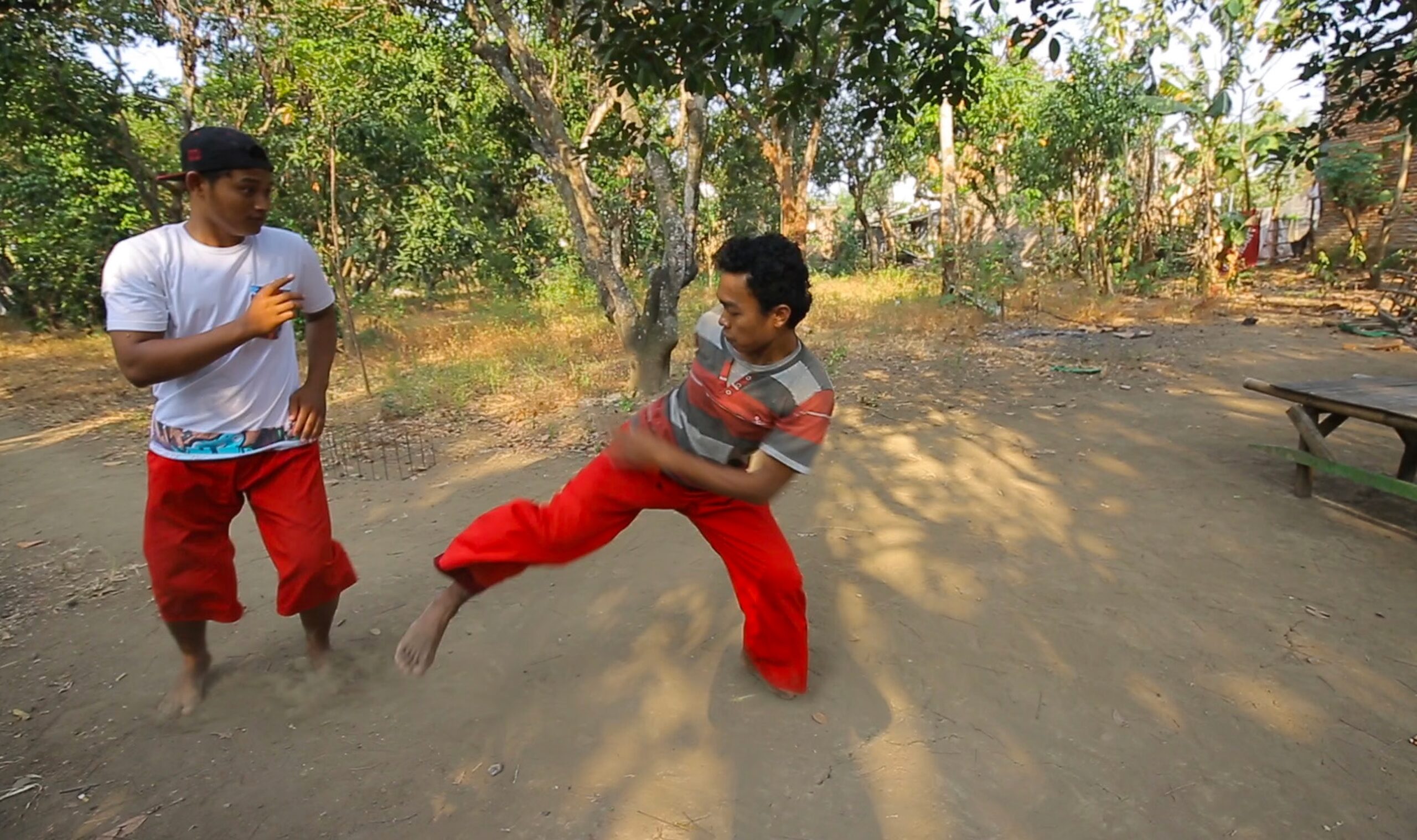
The Fighter
“The Fighter” introduces Pencak Dor martial arts fighting and the story of Pati, who aims to compete in the ring. Yudi, an experienced fighter, trains Pati and other Silat students. The ‘free ring’ format of Pencak Dor contests have become a magnet for fighters wanting to test their strength and demonstrate skills in combat. With no winners nor losers, no insurance and only special prayers for safety, the Fighter focuses on the role and development of Pencak Silat in the fighters’ everyday lives.- Country
- Indonesia
- Director
- Marjito Iskandar Tri Gunawan
- Time
- 26min
-
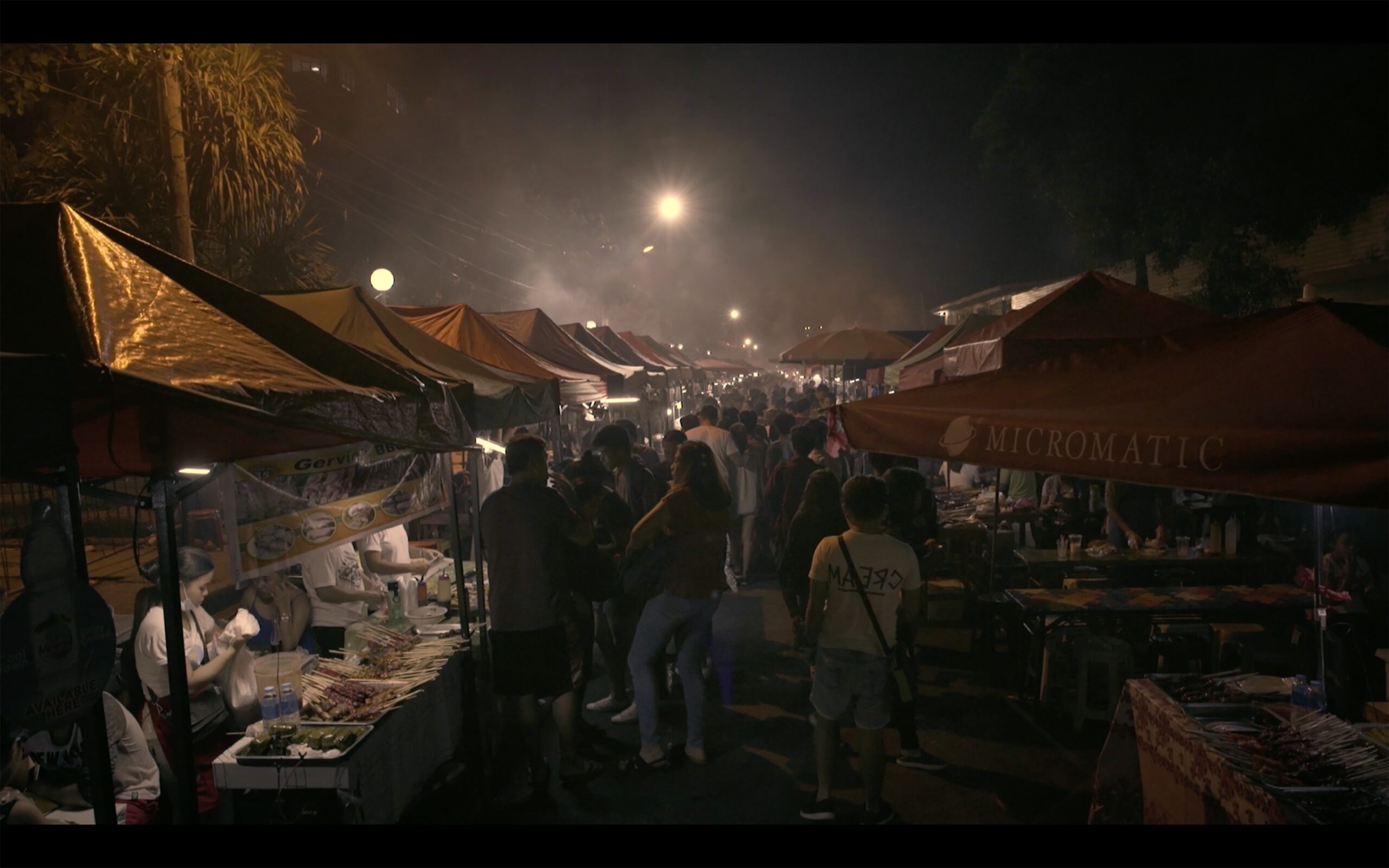
That Night
“That Night” follows the lives of two survivors of the Roxas night market bombing in Davao City, the Philippines on September 2, 2016. It centers on a vendor at the market who was severely injured, and a truck driver whose wife and son died while getting a massage. The film documents the two survivors a year after the tragedy.- Country
- Philippines
- Director
- Jeremy Luke Bolatag
- Time
- 20min
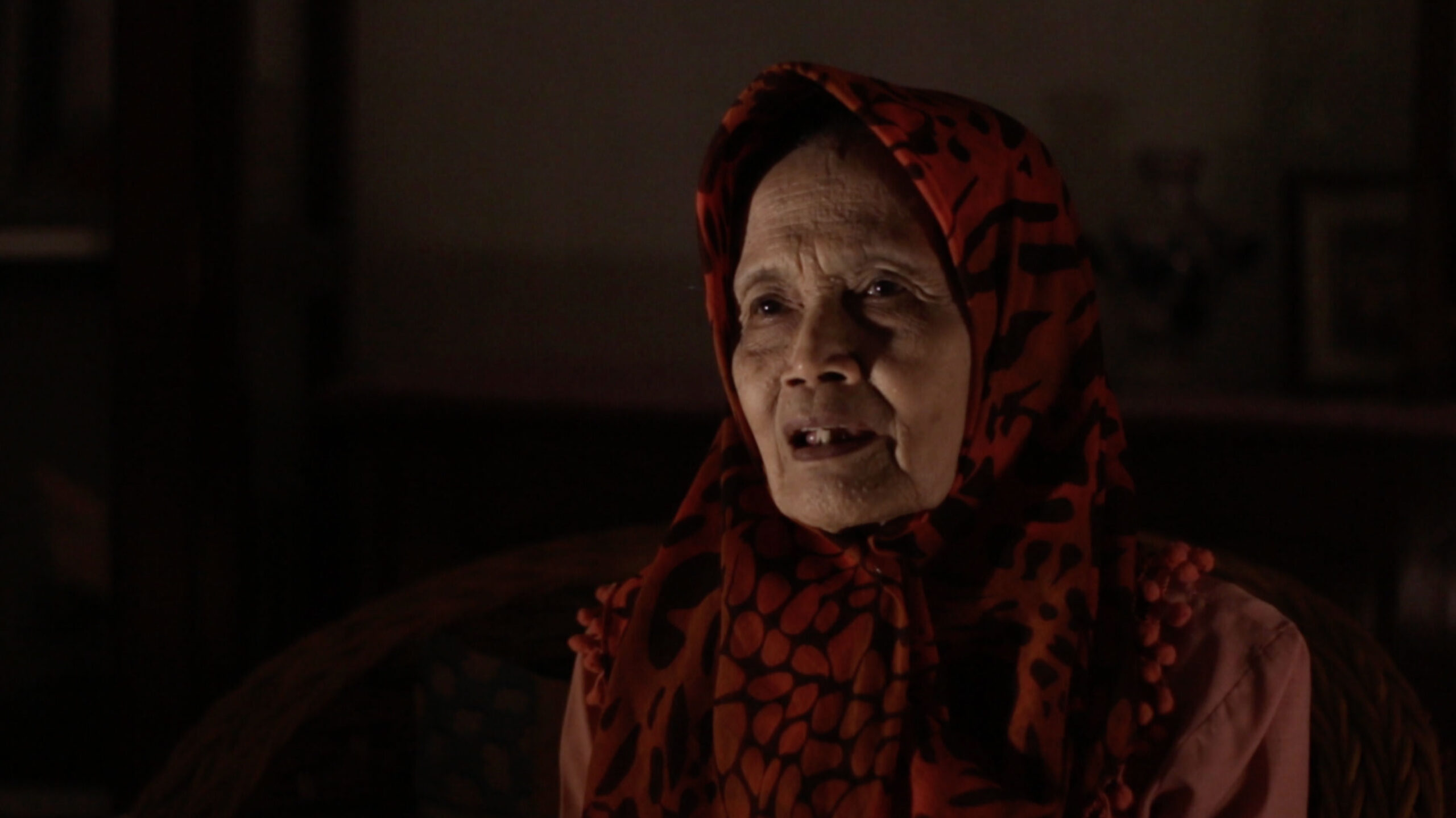
Hiroyuki Yamamoto
Associate Professor, Center for Southeast Asian Studies, Kyoto University, Malaysian Area Studies, Media Studies
Half a century of young women, who, despite having taken part in a campaign for social development, had been jailed and accused of treason after a certain day. The feelings that they had failed to be good mothers and thus could not make their own mothers feel as such are expressed in their songs.